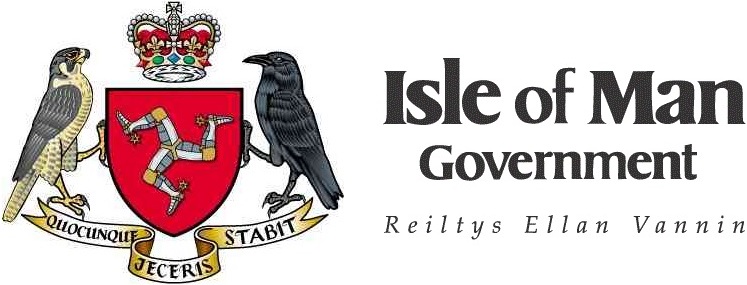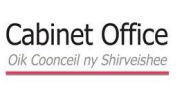Equality Act 2017 - Draft Code of Practice – Services, Public Functions and Associations
Overview
The Equality Act 2017 (the Act) is one of the most important pieces of social legislation to be progressed in the Isle of Man in recent times. It seeks to ensure fair ad equal treatment, in a way that allows social and economic inclusion in the community.
The Act consolidates and replaces earlier discrimination legislation. Principally, the Act covers discrimination because of age, disability, gender reassignment, marriage and civil partnership, pregnancy and maternity, race, religion or belief, sex and sexual orientation. These groups are known in the Act as ‘protected characteristics’.
Discrimination in most areas of activity is now unlawful, subject to certain exceptions. These areas of activity include employment and other work-related situations; education; housing; the provision of services, the exercise of public functions and membership of associations.
The Council of Ministers have the statutory discretion to issue a Code of Practice in connection with any matter address in the Act, to ensure or facilitate compliance with the Act or to promote equality of opportunity. This statutory Code of Practice on Services, Public Functions and Associations is one in a series of Codes and Guidance documents that will be issued in relation to the Act. It is an authoritative, comprehensive and technical guide to the law and will be invaluable to the Employment and Equality Tribunal and courts, advocates, advisers, trade union representatives, human resources personnel and others who need to understand the law in depth or to apply it in practice.
The Equality and Human Rights Commission (EHRC) as the statutory regulator for Great Britain issued a Code of Practice on Services, Public Functions and Associations and Supplementary Code, pursuant to the powers contained in the Equality Act 2010. The Equality Act 2017 essentially mirrors the Equality Act 2010 of Parliament, therefore this Code has used the EHRC Code as its basis, following consent received from the EHRC, with such mofications are as required to reflect local legislation and conditions.
The consultation of this Code has been broken down into chapters for ease. However if you prefer to view the full draft Code, this is available in the last question.
Why your views matter
To seek views from Government departments, Offices, Statutory Boards and the public.
What happens next
We will use the responses we receive to inform our work in developing the Code before the final version uis submitted to Tynwald for approval.
Areas
- All Areas
Audiences
- Elected members - MHKs
- Elected members - local government
- Tenants
- Landlords
- Employees
- Older people
- Homeowners
- Self-employed
- Students
- Retired
- Children & young people
- Volunteers
- Unemployed
- Parents, carers and & guardians
- People with disabilities or long term illness
- Leaseholders/ landowners
- Lesbian, gay, transgender & bisexual
- Civil and public servants
- Black & minority ethnic
- Business owner
- Road users
- All residents
- Visitors & tourists
- Other non-resident - business interests
Interests
- Legislation
- Policies, strategies & plans
- Disabilities & long term conditions
- Health
- Health & Safety
- Equalities


Share
Share on Twitter Share on Facebook